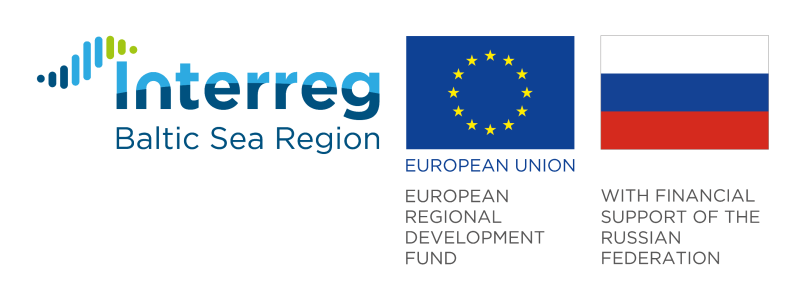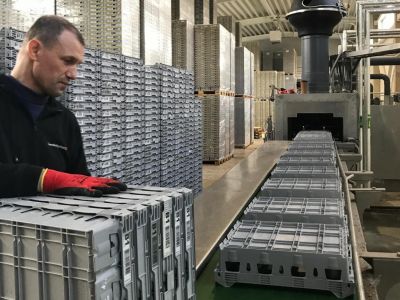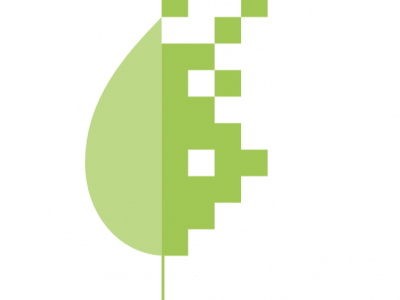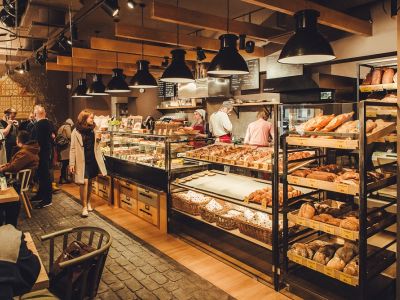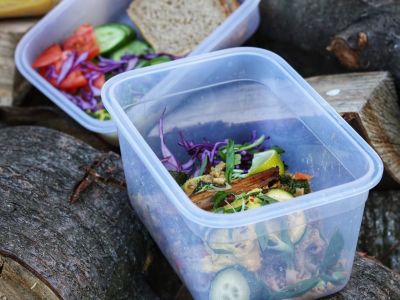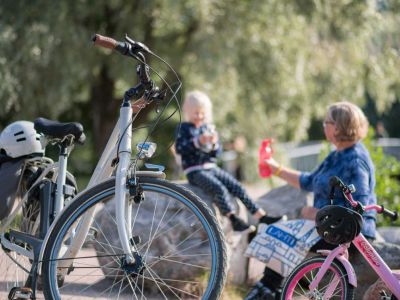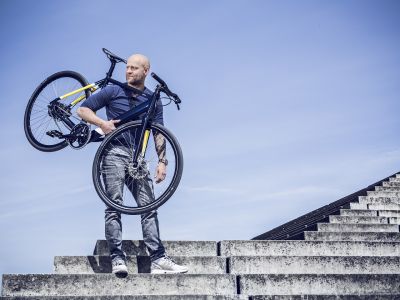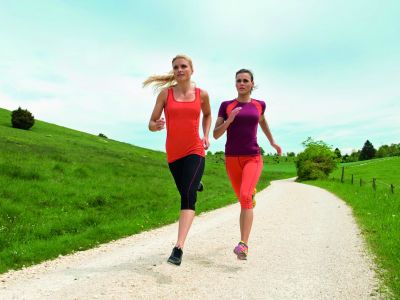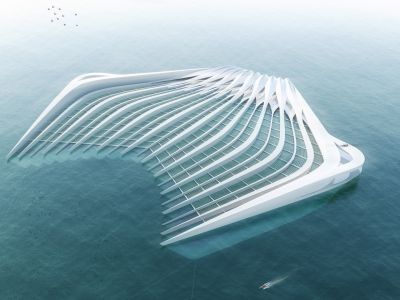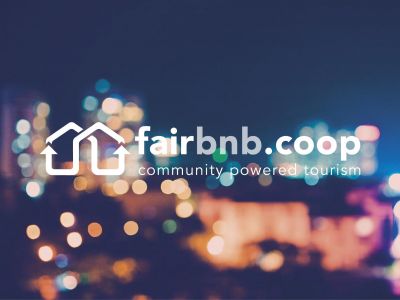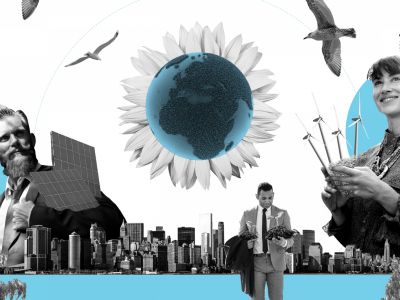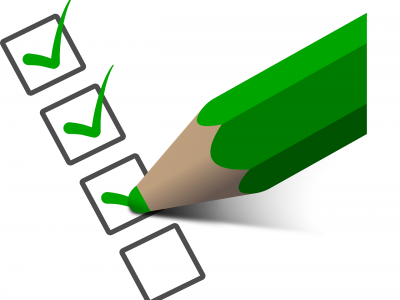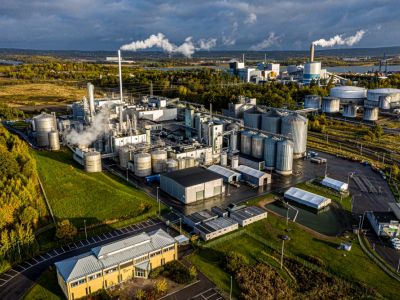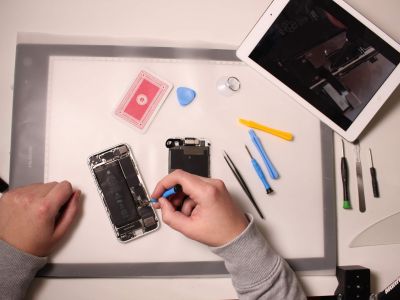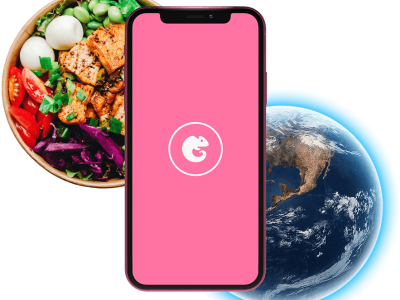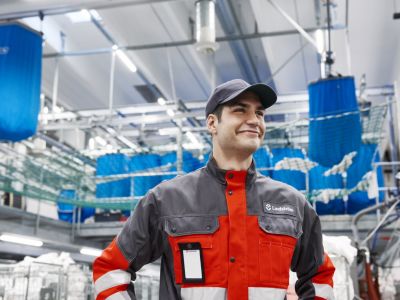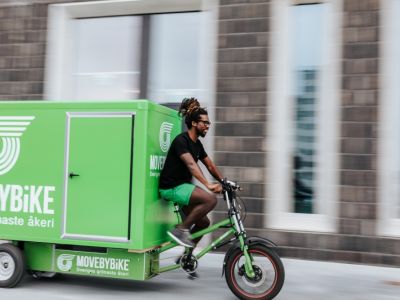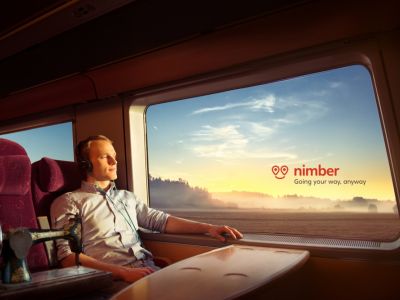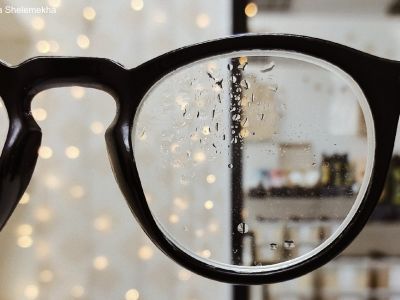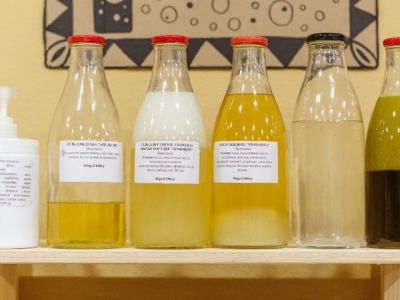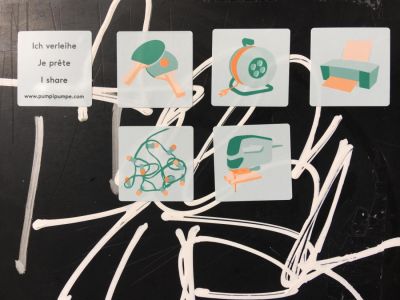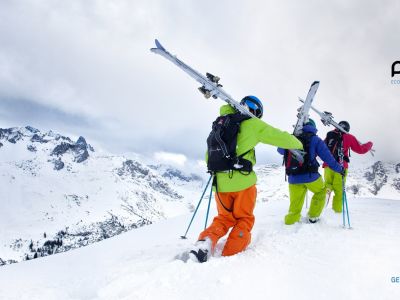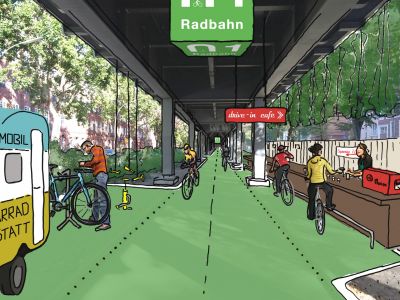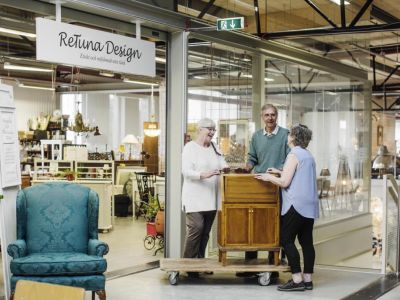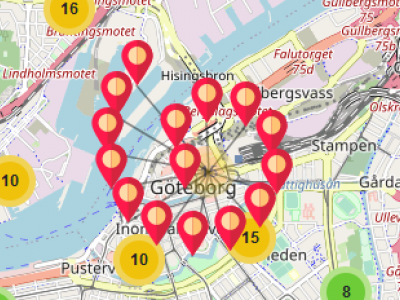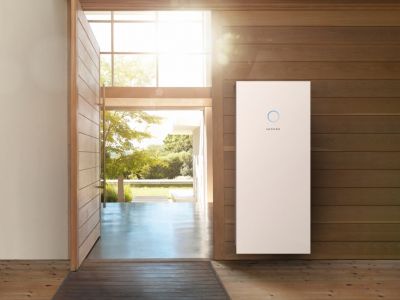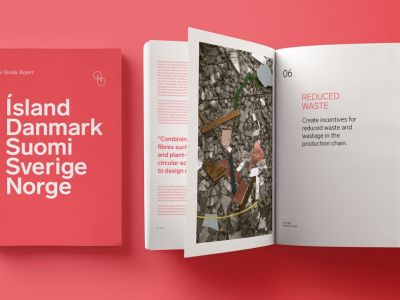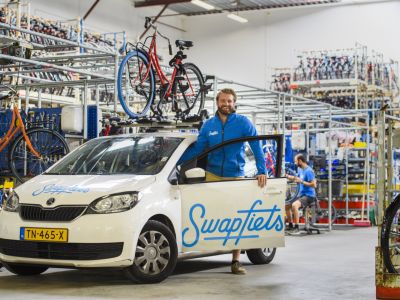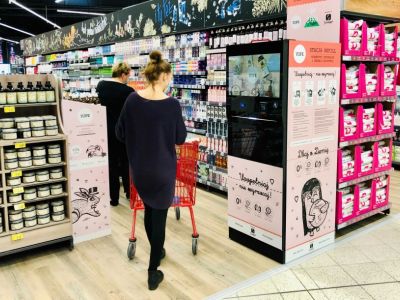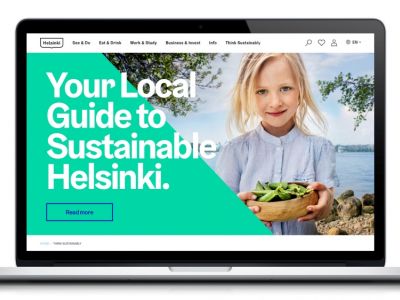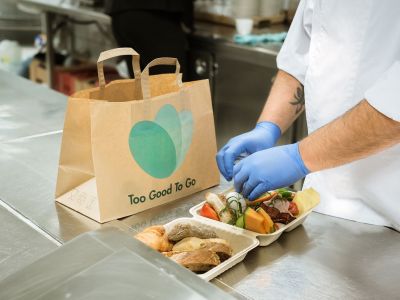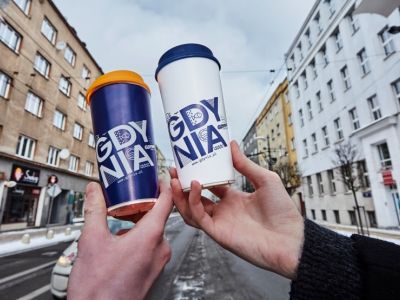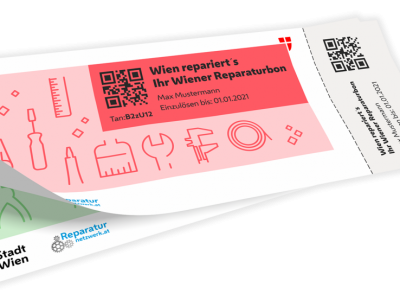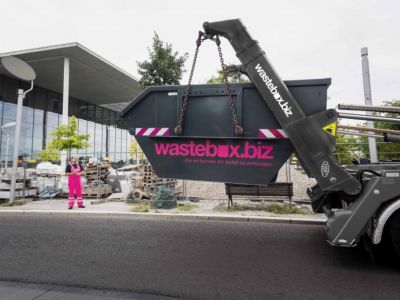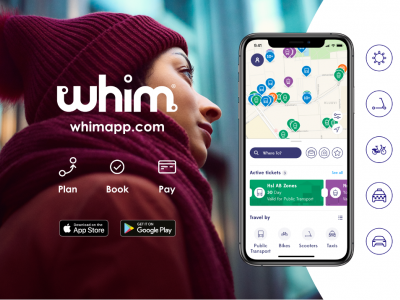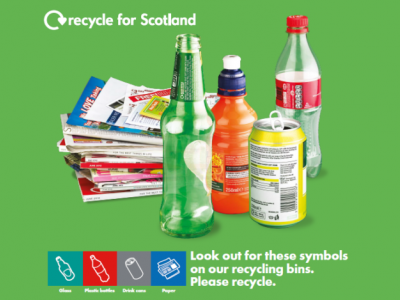![]() Concept
Concept ![]() Germany
Germany ![]() Enabling & Empowering
Enabling & Empowering
![]() Go To Website
Go To Website
Picture on top: Pacific Garbage Screening | German Ecodesign Award
People talk about plastic waste in the oceans often nowadays. They are looking for solutions on a global scale. One architect developed a concept proposing to filter plastic waste from the oceans – to then use it for generating energy: EVERWAVE (formerly Pacific Garbage Screening).
... “Our heads are full of ideas, our hearts are thirsting for action and our hands are waiting to implement all that has, to this point, existed only in theory”, ...
... the founders of the research and development team Pacific Garbage Screening wrote to friends, members and rescuers of marine environment, to everyone who had supported their project up to that point in late 2018.
A large, unresolved problem created by humans marks this story’s starting point.
Every year, between 4.8 and 12.7 million tonnes of plastic waste end up in the oceans.
80 million tonnes are already where they do not belong – in the water and in the metabolisms of marine life. Around 90 percent of the plastic waste is transported into the oceans by only ten rivers. For some years now, this environmental catastrophe has been a topic of discussion. It has gained public awareness and also politicians are reacting. So the chances for bringing about change have improved, but still, technical solutions to the problem need to be found. And also, it needs people who simply get started.
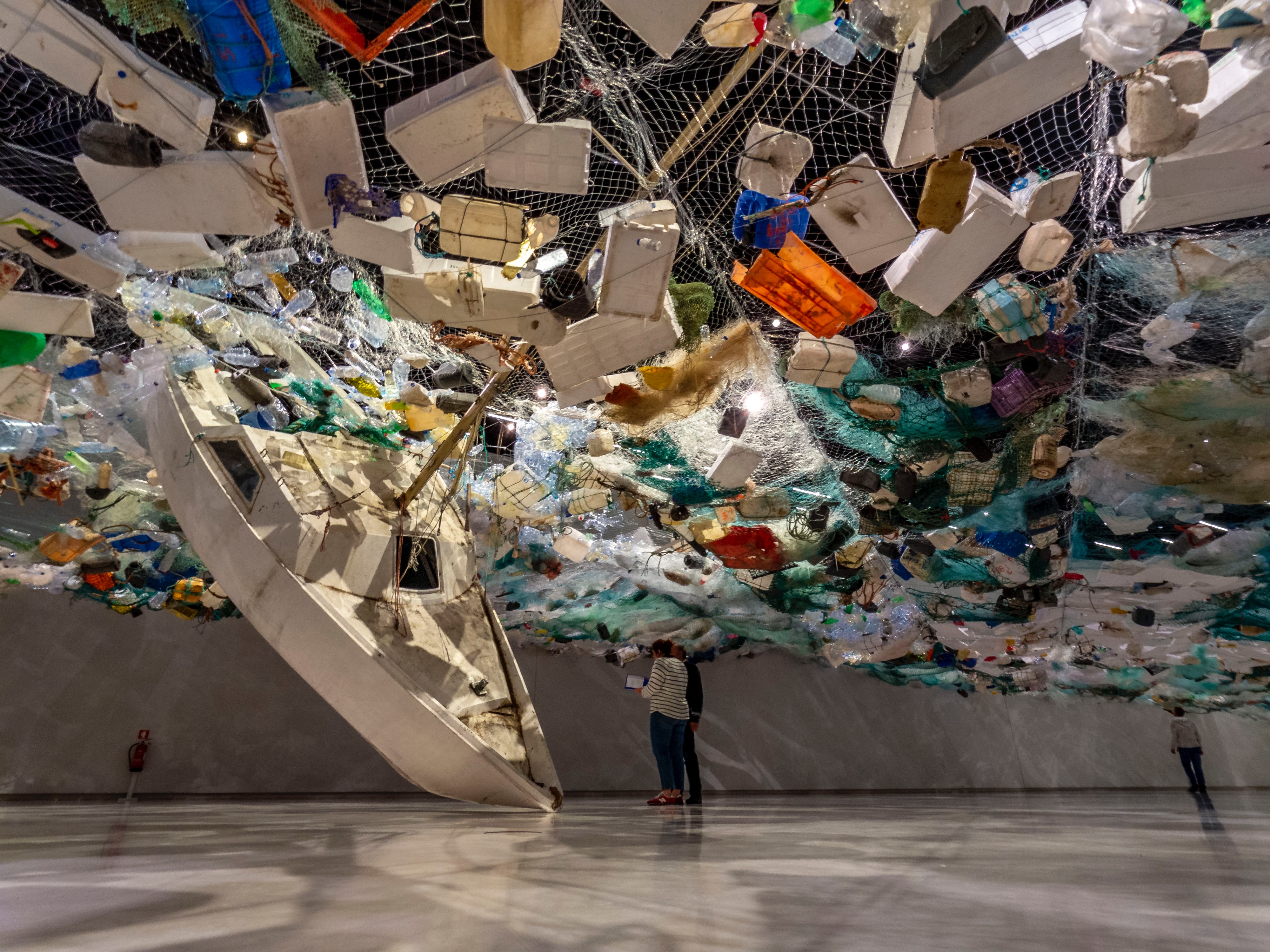 Photo by Martijn Baudoin on Unsplash
Photo by Martijn Baudoin on Unsplash
In 2013, architecture student Marcella Hansch went diving in Cape Verde and realized that the ocean was a rubbish dump. Upon this experience she began investigating the topic.
As a result of this research, the idea for a process that would convert collected plastic into hydrogen and carbon dioxide was born.
Ideally, this process would happen right on board of the platform, a platform that resembles a large, white, curved comb. The hydrogen would be used as fuel for the fuel cells powering the floating waste disposal unit, while the CO2 would be used to nourish algae cultivated on the surface of the unit’s water. Hypothetically, a kind of bioplastic could then be produced from these algae in the future.
 Picture: German Ecodesign Award
Picture: German Ecodesign Award
This futuristic-looking unit would work in a way that it causes seawater to flow through the comb’s teeth, which are about 400 metres long and 35 metres deep, while the construction is designed to slow down the flow of water.
Plastic found in the ocean is pulled under water by currents, but actually plastic is lighter than water and through the proposed system, the plastic parts would rise up – to be then skimmed off afterwards.
The whole process would happen without nets, as to avoid endangering fish.
A local newspaper wrote about the idea, and the operator of a sewage works invited the architect to a fair, where experts assessed the technical solution and found it relevant as well as implementable. Reassured by this feedback, Marcella Hansch was able to gather a team and found several cooperation partners at the RWTH Aachen University in Germany. Then, in the beginning of 2017, a non-profit association was founded, and experts in research, construction, marketing and organisation started working on the realisation of the project on a voluntary basis.
... “We did talks, attended panel discussions, spoke in parliaments and exchanged ideas with experts from all over the world. This took a lot of time, also because we were all volunteers. At the same time, the encouragement and success we had gave us strength” says Marcella Hansch.
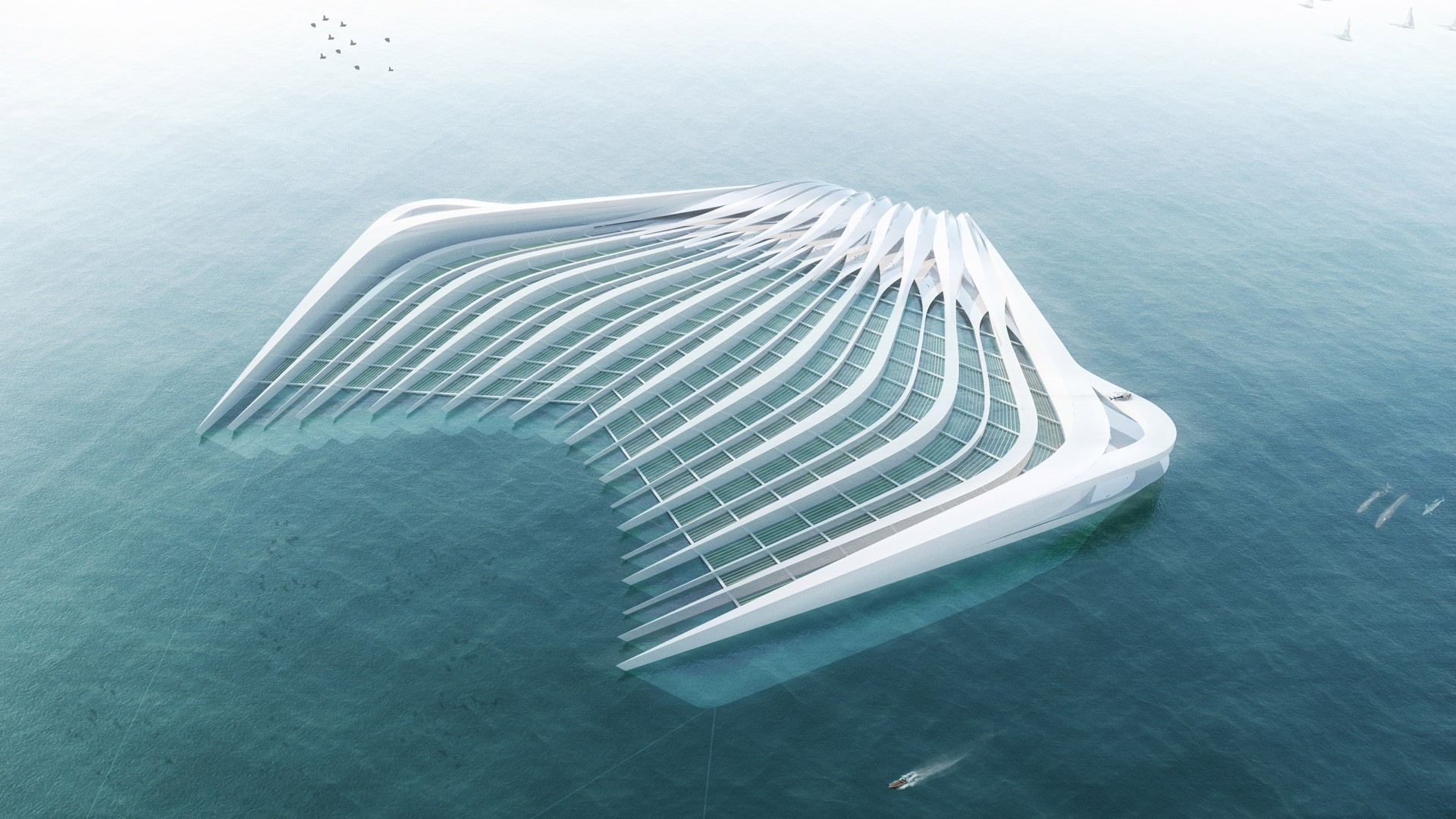 picture: Pacific Garbage Screening | German Ecodesign Award
picture: Pacific Garbage Screening | German Ecodesign Award
A crowdfunding campaign was launched and within a few months, 230.000 € seed capital was raised.
... “Now we can carry on differently, some of us can work full-time on the project, something that is necessary if we want to move forward. Since 2019, all teams have been working in research and development, because the work on solutions for filtration, recycling and construction overlap”. ...
Dr Tilmann Flöhr, who has been part of the project from the very beginning, leads the teams. One of these teams is currently building a digital model of the platform in order to simulate the water's flow conditions. It is trying to find out how to best slow down the current within the different channels of the platform so that the plastic can rise as quickly as possible.
Marcella Hansch:
... “We are focusing our research and pilot projects on river estuaries, because rivers are responsible for the vast majority of the world's plastic waste in the oceans. But the conditions in rivers are different from those in oceans, so we will adapt the operating principle of the platforms accordingly.” ...
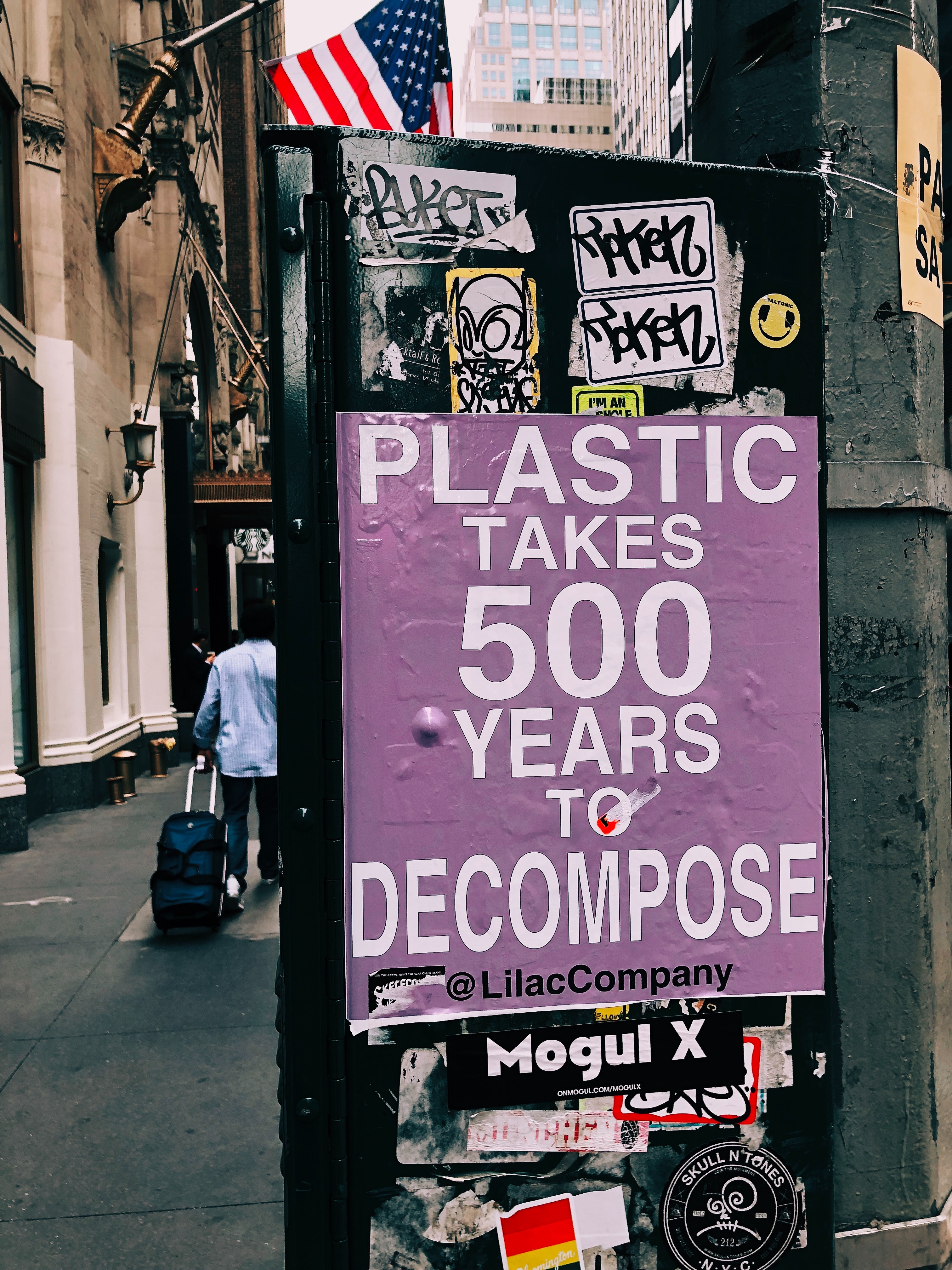
Photo by Jon Tyson on Unsplash
The platforms are supposed to run autonomously and ideally should be at least CO2-neutral.
By applying and integrating all the processes into the unit, emissions could be reduced to a minimum. The bioplastic produced from algae could be an alternative to synthetic plastic. But those plans lie in the distant future.
... “At present, there is no approved recycling procedure for bioplastics. You can’t dispose of them alongside organic waste because it takes too long for bioplastics to decompose, but neither can they be disposed of in the reusable plastic waste. So, before we even start planning on producing a material of the sort, we need some sort of political regulation for the problem.” ...
However, time is not on our side. Scientists say there will be more plastic than fish in the world's oceans by the year 2050. So until then, numerous and as many different solutions as possible are needed. It’s pointless to see others who are dealing with the same environmental problematic as competitors, says Marcella Hansch.
The project was still in its very early stages when Marcella Hansch's idea was awarded the German Ecodesign Award for young talents in 2016.
... “The non-profit association wasn’t even founded by then, at that point I was still pretty much on my own with my idea. So it was all the more important to receive this kind of award and the recognition that came with it. That really motivated me.” ...
Simply getting plastic out of the ocean does not combat the cause. So they started to take a holistic approach that includes environmental education in schools and catching plastic waste in the rivers. For this reason they have chosen a new name everwave as a metaphor of an all-encompassing solution.
WHO AND WHAT?

Everwave (Pacific Garbage Screening) is a non-profit association based in Aachen, Germany, in which various experts (marine biology, geography, mechanical engineering, hydraulic engineering, graphics) work in four teams (research, construction, marketing, organisation) on the development of a floating platform. It will filter plastic and plastic particles from the water and use them in a climate-neutral way to generate energy.
THE INITIAL PROBLEM
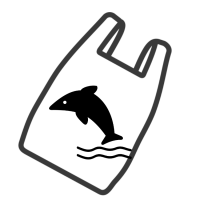
An estimated 80 million tonnes of plastic waste is found in our oceans - and millions of tonnes are added every year. Fish absorb the particles with their food and die a painful death. Plastic particles also enter our bodies via the food chain. There is a lack of environmentally friendly solutions for cleaning the seas.
THE MOTTO

The world can only be saved together!
THE IDEA

The special design of the platform ensures that the current is calmed, so that plastic parts rise and are skimmed off and converted into hydrogen and carbon dioxide by gasification while still on the platform - providing fuel for fuel cells and possibly nutrients for algae cultivation.
THE BENEFITS

The oceans are cleaned up, it works self-sufficiently, carbon neutrally and does not need any additional fuel. Plastic waste is used as a resource.
THE HISTORY

Marcella Hansch became aware of the problem while diving in Cape Verde, acquired expertise and developed the idea for the platform. In 2017, she founded an association with other experts to implement the vision.
THE AWARD
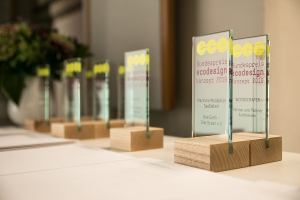
In 2016 Pacific Garbage Screening receives the Federal Ecodesign Prize in the category "Young Talent". The jury's statement: “The technical development of the "Pacific Garbage Screening" project calls attention to the pollution of the oceans caused by plastic waste. Fully CO2 neutral, the 400 x 400 metre large platform calms the flow and provides buoyancy to plastic objects in the water, without endangering fish and other aquatic creatures. This visionary and solution-oriented student project sets a high standard, and this is precisely what the Federal Ecodesign Awards is aimed at achieving. It is a real accomplishment.”
A FEW NUMBERS

900 supporting members are in the association in 2020, 15 of whom are permanent employees. In 2018, crowdfunding started in order to raise 5 million euros for models and model tests. By July 2018, 230,000 euros had already been donated.
THE FUTURE

Feasibility studies for rivers, model tests, application of the technology in rivers and estuaries.

